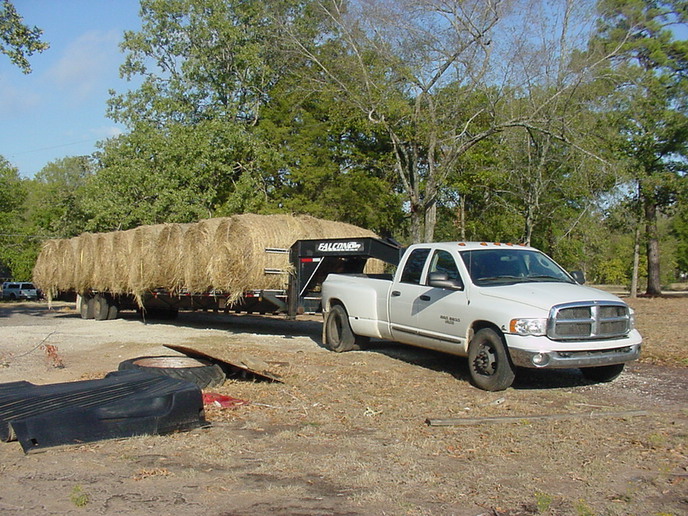I hate to side-track the argument but gas engines make the same torque as diesel engine when they have the same bore and stroke and same aspiration. Sometimes more.
I've seen several mentions of diesels having more inherent torque then gas engines. Somebody show me some evidence of that? If anything the gassers tend to have a little more torque.
Too many peoples are comparing "apples to oranges." Long stroke diesels to short stroke gassers, or turbo-diesels to non-turbo gassers.
VERY easy to verify since many farm tractor made identical engines in gas and diesel versions. In just about every Nebraska test, the gassers beat the diesel versions. IH 144? Deere 144? Ford 172? All same bore and stroke and in gas or diesel versions.
Not the case with autos and truck. The only few I can think of were the Olds 350 gas and 350 diesel. The gas version had more torque and horsepower. Also the IDI Ford 7.3 non-turbo. IH built it for Ford and it started life as a HD truck gas engine used mostly in school busses. The gas version had more torque. Isuzu 1.8 and 2.2 liter diesels both first came in gas versions. Gassers had more torque and horsepower.
I've seen several mentions of diesels having more inherent torque then gas engines. Somebody show me some evidence of that? If anything the gassers tend to have a little more torque.
Too many peoples are comparing "apples to oranges." Long stroke diesels to short stroke gassers, or turbo-diesels to non-turbo gassers.
VERY easy to verify since many farm tractor made identical engines in gas and diesel versions. In just about every Nebraska test, the gassers beat the diesel versions. IH 144? Deere 144? Ford 172? All same bore and stroke and in gas or diesel versions.
Not the case with autos and truck. The only few I can think of were the Olds 350 gas and 350 diesel. The gas version had more torque and horsepower. Also the IDI Ford 7.3 non-turbo. IH built it for Ford and it started life as a HD truck gas engine used mostly in school busses. The gas version had more torque. Isuzu 1.8 and 2.2 liter diesels both first came in gas versions. Gassers had more torque and horsepower.


